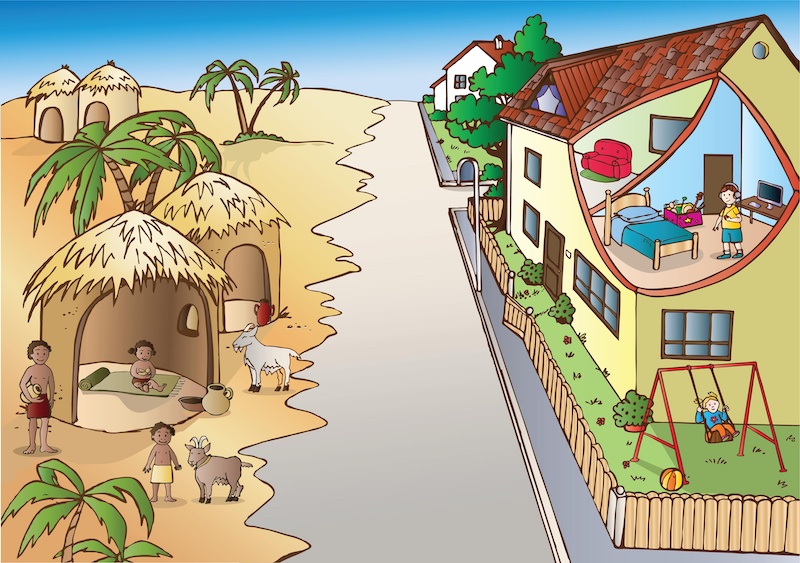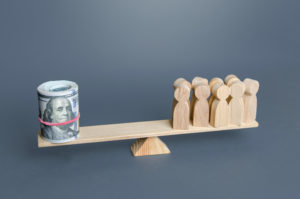
Part 1 of a 2-Part Series
Parenting beyond the Grave
Parents strive to make sure their children feel equity between siblings with an estate plan. In fact, to ensure this, parents usually divide accounts and property equally among their children. However, while parents strive to treat children the same, they simultaneously acknowledge that their kids face different needs and challenges. Thus, these needs may not perfectly correlate with equal dollar amounts. Common trusts address this fact.
What are Common Trusts?

When you die, your accounts and property pass to minor children in equal shares. However, such money often proves insufficient for individual heir’s expenses. In fact, almost certainly, one child requires more funds than another. Therefore, instead of simply dividing accounts and property equally, consider placing accounts and property in pot trusts (aka common trusts). Also, instruct the trustee about how to spend the money and property on behalf of beneficiaries.
Why Use Common Trusts?

You may not keep a ledger about individual child costs. You spend what is required. Inevitably, spending imbalances emerge. Although not perfectly equal in terms of dollar amounts, such an approach fairly allocates funds based on need instead of an arbitrary measure, such as age.
Fairness in Common Trusts

Fairness accounts for differences among children. Ensure equality to your kids in life and death. When creating an estate plan, you acknowledge the unpleasant possibility—no matter how remote—that you may not always be able to care for your minor children while they grow.
Post-Death Common Trusts

Do you want your post-death spending arrangement to mirror the one you currently use? If so, consider common trusts. To ensure your trustee duplicates the same considerations, include instructions that outline such criteria. Dividing accounts and property into equal shares may not be the best way to achieve this goal. In particular, older children may benefit more from an equal distribution because you invested more money in their education. Meanwhile, younger children often use their share of the inheritance to pay things like college.
How Do Common Trusts Work?

- Set up the trust and list your children as beneficiaries.
- Name a trustee to manage the trust on your children’s behalf.
- Make sure the trustee makes distributions to your children on an as-needed basis, per the trust agreement.
- Trust termination occurs when the youngest child reaches the age you specify in the trust documents (for example, age 18 or 21).
- When the trust terminates, the trustee divides remaining accounts and property into equal shares for your children. They can distribute these shares immediately, at certain ages, upon completion of milestones, or at the trustee’s discretion. Choose the option based on your comfort level with providing your children with access to the money and property. Also, consider the value of the remaining money and property, and the potential for kids to spend resources and property frivolously.

Check back next week, when we conclude this two-part series about Common Trusts.
About Skvarna Law in Glendora & Upland, California
Skvarna Law Firm operates offices in Glendora and Upland, California. Also, we provide legal services. We cover San Bernardino, Los Angeles, Orange, and Riverside Counties. This includes several cities. Upland, Ontario, Rancho Cucamonga, Fontana, Colton, Rialto, Chino, Chino Hills, Glendora, Claremont, Pomona, La Verne, Montclair, San Dimas, Azusa, Covina, West Covina, Diamond Bar, Walnut, La Puente, Corona, Norco & Mira Loma.


